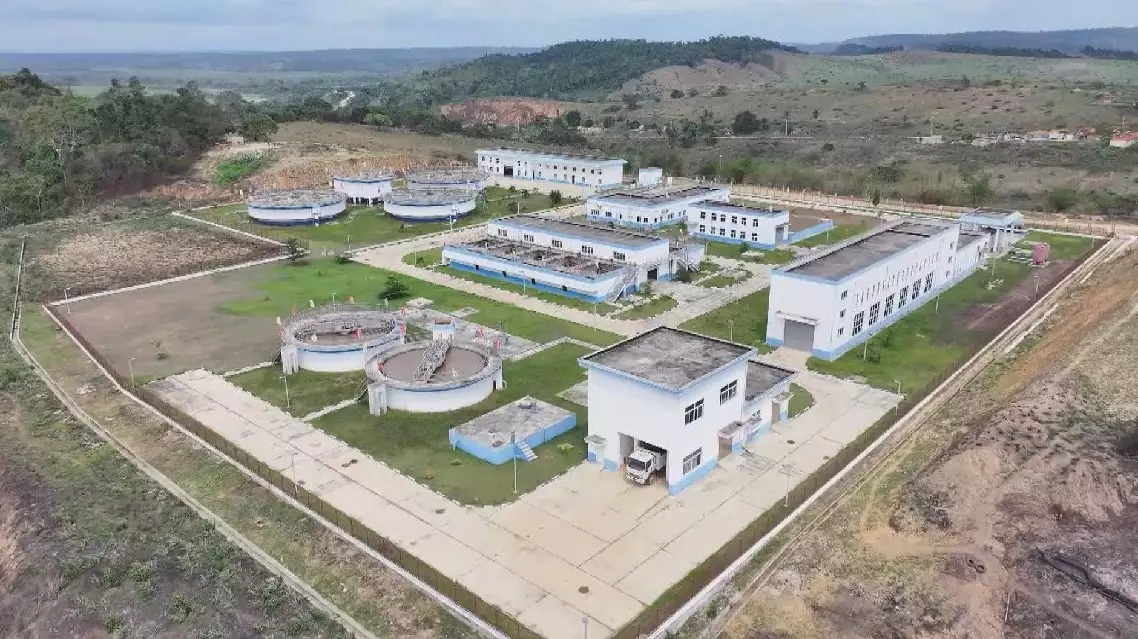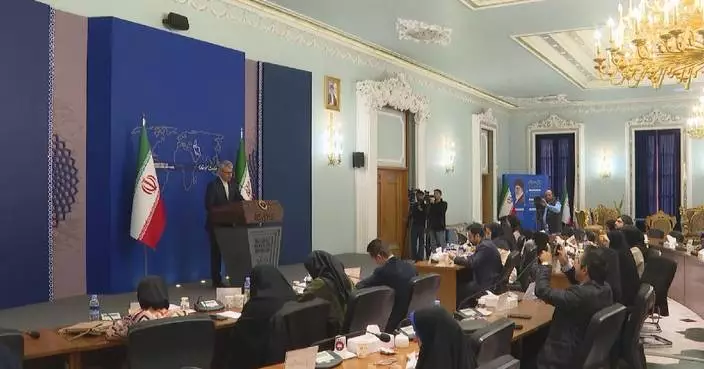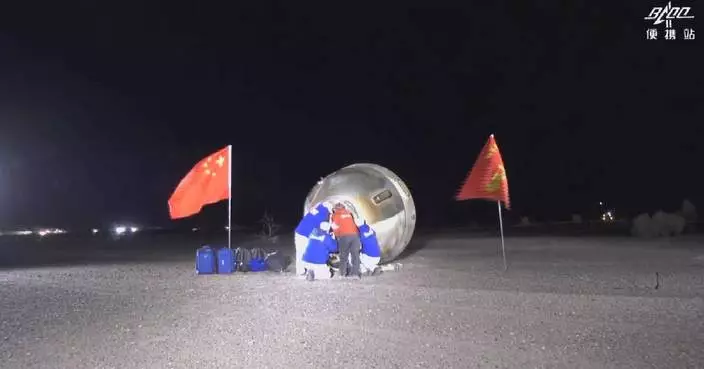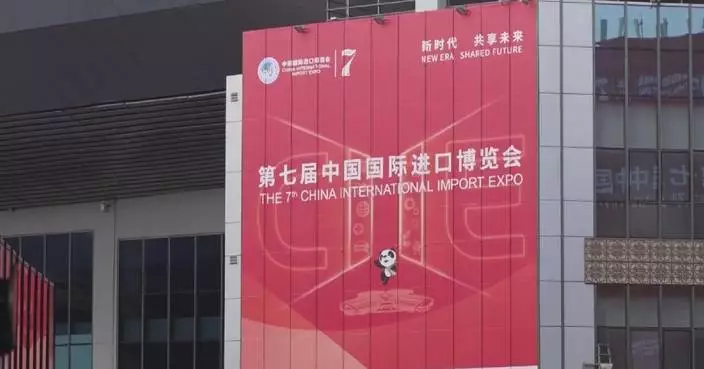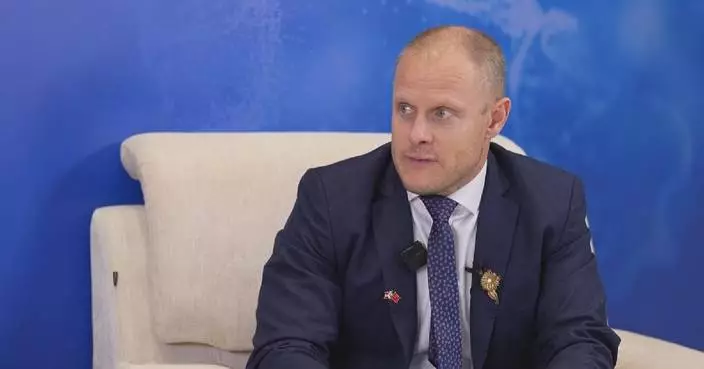The 2024 Science WE Summit was held in Chengdu City of Southwest China's Sichuan Province on Sunday, with top scientists introducing latest studies in various fields.
Under the theme of Tipping Point, the event was hosted by China's tech giant Tencent. Five world-renowned scientists from home and aboard gave lectures at the summit, offering the public a feast of innovations in both basic science and cutting-edge technologies.
Xue Qikun, an academician of the Chinese Academy of Sciences, showcased the latest achievements made by his team in quantum technology at the summit.
Through experiments on over 1,000 samples over four years, his team has successfully developed special materials featuring magnetic, topological, and insulating properties. Their achievement lays the foundation for the observation of the quantum anomalous Hall effect and signifies that China's quantum technology has reached the forefront of the world.
"Under each and every condition, we studied samples of different components and compare the properties of materials under various conditions, ultimately identifying [the specific materials]. If superconducting materials are applied in electronic devices, it could significantly reduce energy consumption. We hope that through our meticulous research, we can achieve some breakthroughs in understanding the mechanisms of high-temperature superconductivity," said Xue.
Another Chinese scientist, Liu Jianglai, shared his discoveries on dark matter at the summit. As the deputy director of the Tsung-Dao Lee Institute at Shanghai Jiao Tong University and the chief scientist of the PandaX group, Liu discussed his research conducted at the Jinping Underground Laboratory, China's first ultra-deep underground facility. There, he and his team focused on quantitative studies aimed at uncovering the mysteries of dark matter.
"[We] continually discover new background radiation that was previously undetectable in our new generations of experiments. In the process of scientific exploration, the challenges we encounter should be both expected and unexpected. Continuously solving these challenges is, in fact, one of the charms of scientific exploration," Liu said.
Other speakers at this year's summit included 2017 Nobel Prize in Physics laureate Kip Thorne, 2014 Nobel Prize in Medicine winner May-Britt Moser, and Donald Ingber, the founding director of the Wyss Institute. They presented their groundbreaking findings in astrophysics, neuroscience, and bioengineering.
The WE Summit has been held annually since 2013. The event draws scientists and innovators from various countries to discuss future challenges and seek solutions to advance human development.
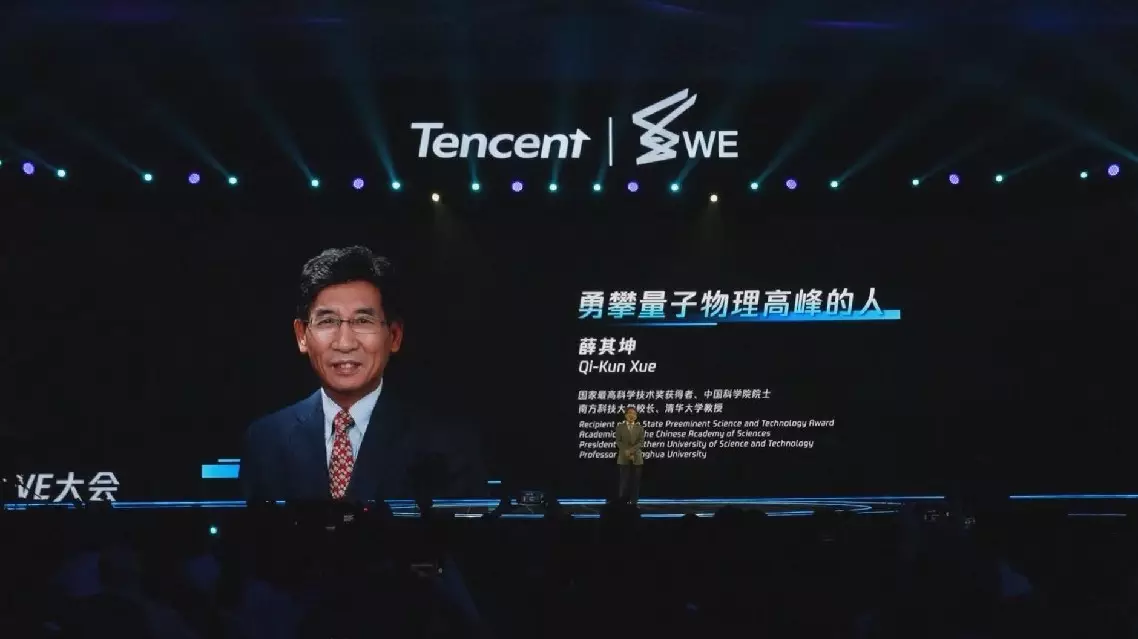
Top scientists share studies in various fields at 2024 Science WE Summit


